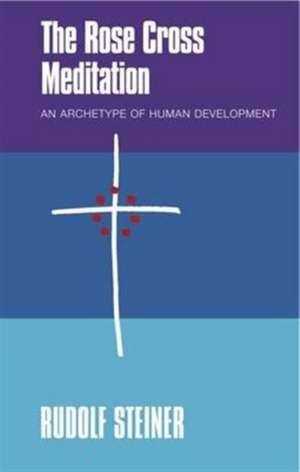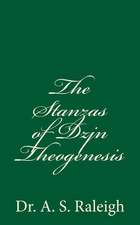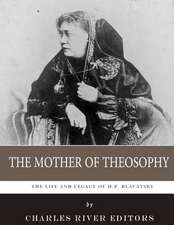The Rose Cross Meditation: An Archetype of Human Development
Autor Rudolf Steineren Limba Engleză Paperback – 31 mai 2016
The Rose Cross meditation features the red rose as the image to which a student, via specific means, aspires. Added to the plant is the black cross, which points to the mystery of death and resurrection and provides a symbol of the higher development of the human I. The metamorphosis of the roses and the cross into the symbol of the Rose Cross is brought about by the one s inner efforts, creating an entirely new image. This becomes the starting point for further steps along the meditative path.
The Rose Cross meditation is the only pictorial meditation whose content and structure Steiner described in such detail. In this invaluable book, the editor has gathered virtually all Steiner s statements on this subject, arranging them chronologically. Commentary and notes support his words.
"Preț: 87.80 lei
Nou
16.80€ • 17.44$ • 14.04£
Carte disponibilă
Livrare economică 22 februarie-08 martie
Livrare express 08-14 februarie pentru 19.34 lei
Specificații
ISBN-10: 1855845288
Pagini: 184
Dimensiuni: 135 x 215 x 21 mm
Greutate: 0.23 kg
Editura: Rudolf Steiner Press












